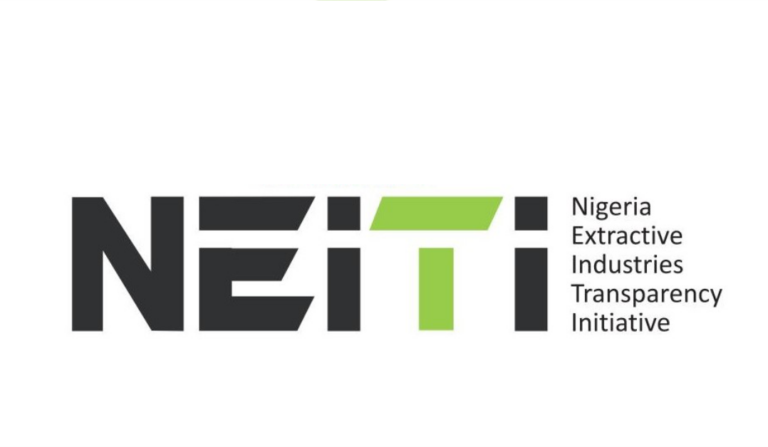The Nigeria Extractive Industries Transparency Initiative (NEITI) has called upon civil society organizations (CSOs) to actively advocate for resource governance that encompasses social justice, fiscal sustainability, environmental accountability, and democratic freedoms.
NEITI emphasized the importance of CSOs moving beyond traditional transparency advocacy to adopt a comprehensive agenda that links resource governance to broader social justice issues.
On Thursday, Orji Ogbonnaya Orji, NEITI’sNEITI’s executive secretary, delivered a congratulatory statement to the Resource Justice Network (RJN) following its recent transition.
Mr. Orji praised RJN for its significant shift from the Publish What You Pay (PWYP) initiative, characterizing this change as a transformative step that enhances the role of CSOs in promoting justice, equity, and sustainability in the governance of natural resources.
In a statement relayed by Obiageli Onuorah, NEITI’s director of communications and stakeholder management, Mr. Orji encouraged RJN to unify Nigerian CSOs as a collective force for resource justice.
He described this movement as essential for defending communities, combating corruption and inequality, and ensuring that Nigeria’s rich resources contribute to shared prosperity on a sustainable planet.
While extending his congratulations to the National Stakeholders Working Group (NSWG), NEITI Secretariat, and RJN, Mr. Orji reiterated NEITI’s commitment to strengthening collaboration with CSOs within the Extractive Industries Transparency Initiative (EITI) framework.
“NEITI commends RJN for its vision and bravery in undertaking internal reforms that position civil society at the forefront of global initiatives for natural resource justice, energy transition, and human development.
“This transition signifies more than a mere name change; it reflects a revitalized vision and strategy that places civil society at the core of global efforts for justice, equity, and sustainability in resource governance,” he stated.
Mr. Orji noted that this transformation aligns with the evolving scope of the EITI, which now encompasses not only revenue transparency but also beneficial ownership transparency, contract disclosure, and open data.
Additionally, it addresses domestic resource mobilization, climate change, environmental justice, gender equity, and the energy transition.
He recalled NEITI’s collaboration with PWYP in Nigeria since 2005, where they have witnessed its pioneering role in reshaping the extractive industries.
According to Mr. Orji, RJN’s establishment is not a departure from this legacy but rather an expansion, broadening advocacy to include civil liberties, climate accountability, poverty alleviation, and human rights.
While commending RJN’s leadership for fostering inclusivity, renewal, and accountability, Mr. Orji urged the network to implement reforms that enhance ethical standards, integrity, and professionalism among its members.
“This is vital for maintaining the new image of RJN and ensuring it remains a trusted, independent, and credible entity in the eyes of citizens, policymakers, and the global EITI community.”
(NAN)

